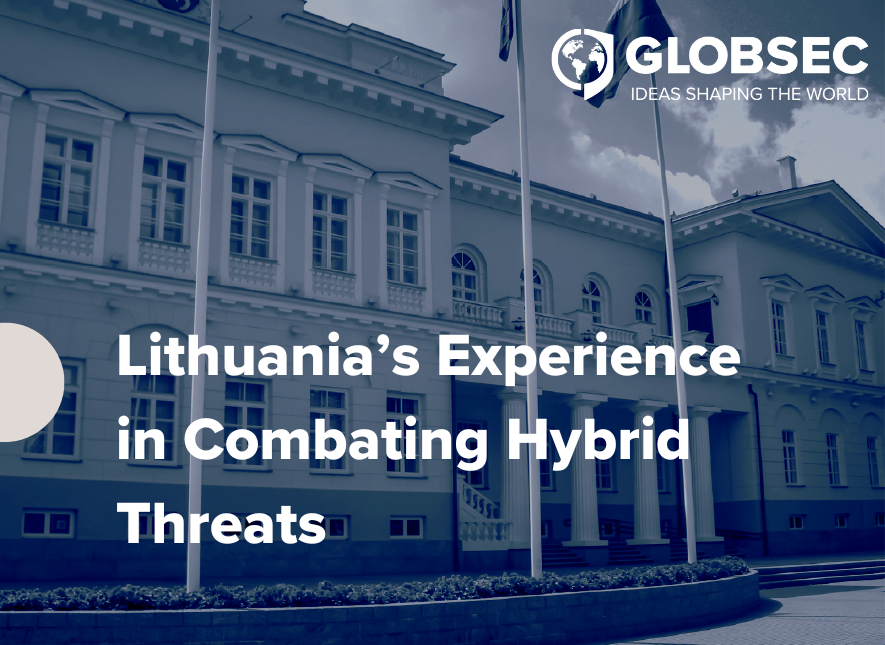Lithuania’s Experience in Combating Hybrid Threats

Lithuania has been at the forefront of fighting hybrid threats since gaining independence in 1990. Efforts to reduce Russian influence and potential threats began in the 1990s when Lithuania actively sought to join the EU and NATO, eventually becoming a full member in 2004. Lithuania was also one of the first European countries to recognize the dangers of relying too heavily on authoritarian regimes, as evidenced by Gazprom’s sudden gas price hike in 2008.
Russian threats have helped Lithuania strengthen its resilience. The Russian aggression faced by Lithuania has driven the government to adopt a “total or comprehensive defense” approach to national security, which utilizes a variety of military and non-military measures implemented by the government in partnership with the local population to deter and resist foreign aggression.
Lithuania incurred China’s wrath by allowing Taiwan to open a representation in Vilnius. While China does not pose a direct military threat, its malicious influencing efforts are a concern, particularly since Sino-Lithuanian relations have worsened due to the establishment of the Taiwanese representation in Vilnius. China is also becoming a significant player in deploying hybrid capabilities, especially in maritime actions in the South China Sea and in using its cyber warfare doctrine in global diplomacy.
China’s swift and aggressive response to Lithuania’s policies, based on hybrid activities, caught global attention in late 2021 and sparked European unity. While the economic response of China was discussed the most broadly, the accompanying disinformation campaign was equally significant. The campaign was conducted by Chinese authorities and non-state actors, such as trolls and bots. These elements are crucial components of China’s disinformation machine, used not only in Lithuania but also globally.
A lack of understanding. China lacks a deep understanding of the countries in the region, and as a result, its disinformation operations are less effective compared to Russia. Beijing has started to adopt Kremlin’s narratives, such as presenting Lithuania as a failed state dependent on the West or a fascist country.
Read the full policy brief below.

